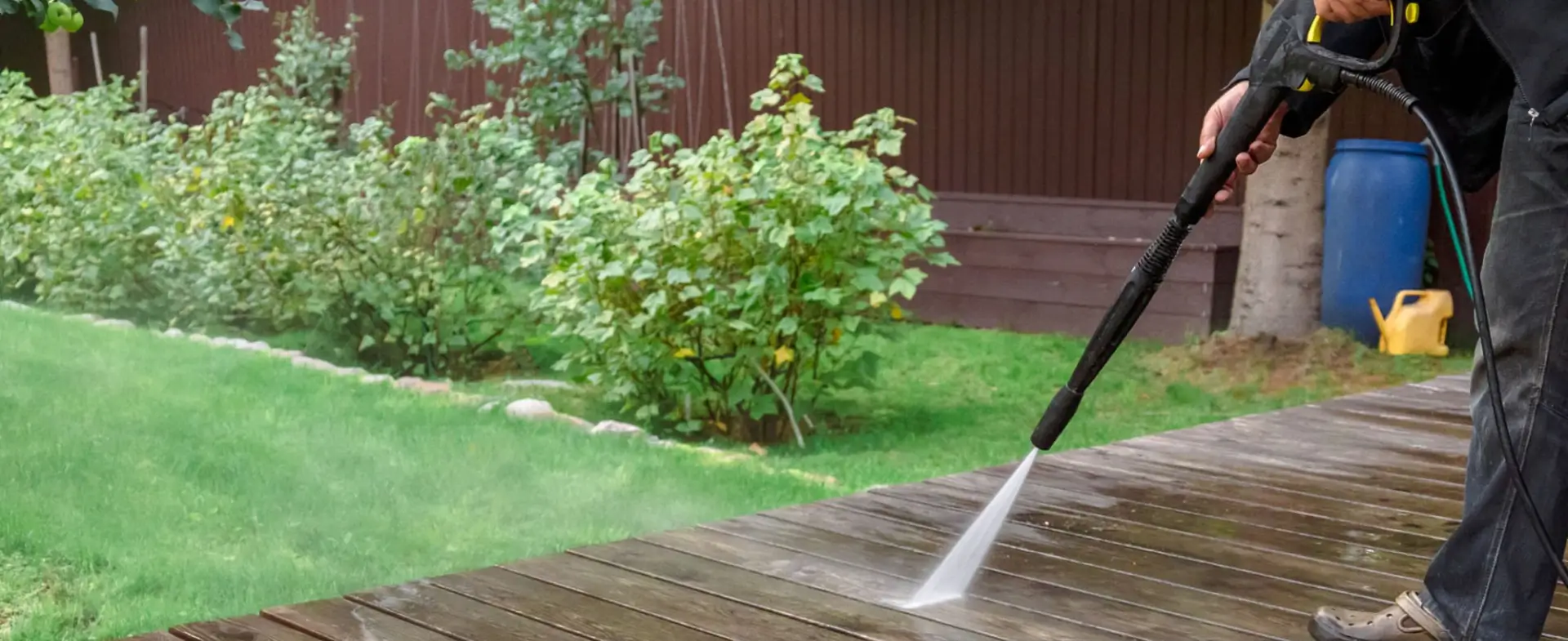Nov 07,2024
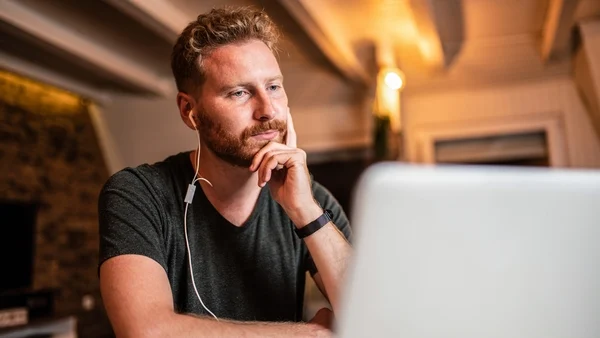
Niamh Delmar is a Counselling Psychologist and Mental Health Freelance writer. Here, she writes about coping with the bad news on a global scale.
We have been experiencing a global trauma for the past couple of years with the pandemic. Humanity is in danger, according to the latest United Nations report on climate change. International conflicts continue to unfold.
The latest coverage from around the globe reaches us instantaneously exposing us to distressing and heart wrenching images and broadcasts. Live newsfeeds are available 24/7, which we need to manage, or it can take over. Harrowing headlines appear on our screens, and rapid reports transmit via multi media outlets and devices.
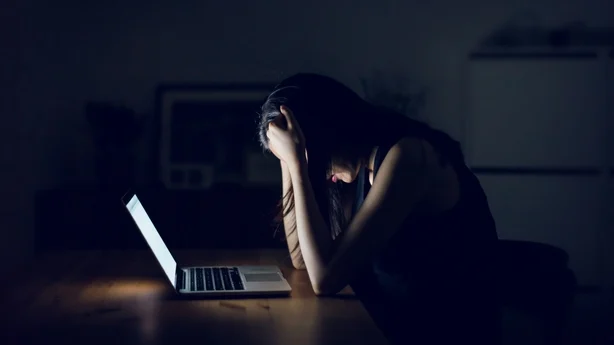
Keeping informed is essential for humanity and, as global citizens, we don't want to shut ourselves off in ivory towers, but a healthy boundary is vital for our psychological health.
Global tears are being shed, anger is felt and fear permeates. Psyches are under strain and emotions tossed about. Once again, there are those at the frontline. It is a different type of frontline that mostly consists of young men.
We all respond in different ways depending on personality types, histories, coping resources and support networks. We all come to these events with different battery levels. If these are low, the stress hormones cortisol and adrenaline will be more easily released. We can experience mini shocks as we psychologically gasp at human suffering.
Research is finding that routinely being exposed to traumatic events in the media can contribute to anxiety, sleep disturbances, feelings of helplessness, and even PTSD.
Vicarious trauma can develop as a result of continued exposure to watching or hearing about traumatic events. It is characterised by a multitude of symptoms including physical, psychological and behavioural. Those most at risk have a previous history of trauma.

Tips on how to cope
Recent studies show that over 60% of people have news fatigue and are feeling worn out. As we keep ourselves updated, how can we protect our psychological well-being?
Know the type of person you are. If you are an empath and highly sensitive, stories and images will impact you deeply so be sure to set your limits. When exposed to tragic events, it helps to pause and check out what feelings are coming up.
Be aware when your system is becoming overloaded. It is only natural that strong emotions will arise when you read, see an image or hear an account of injustice or horror. When feeling overwhelmed, step away and steady yourself.
Try not to get lost in your head ruminating or obsessing. Thoughts are powerful and can affect the mood and body within a minute. Keep them healthy and accurate and calm down any mental dramas unfolding.
Practice refocusing your attention. It can help to ring fence your time around when and how long you will spend reading, watching or listening.
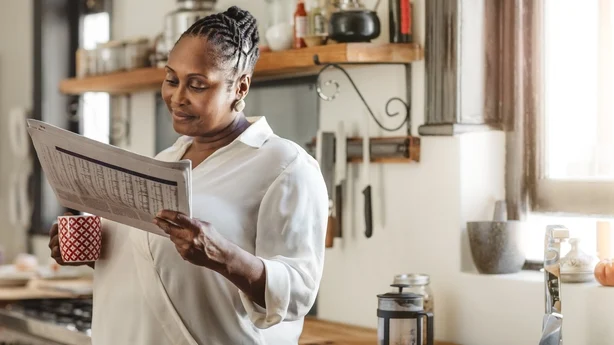
Choose a reputable source to access. The process of obsessively reading social media feeds has been referred to as "doom scrolling".
Taking a digital detox for periods can replenish your psychological resources. Use technology by setting alarms to remind yourself to hydrate, stretch, go to sleep and switch off. It is so easy to get swallowed up on the internet for hours.
Unwind the body. As stress affects us physically, we can relax by doing stretches, having a massage, going for a swim, absorbing the soothing balm of nature, taking a long brisk walk or whatever movement you enjoy most.
Ground yourself by using all of your senses, bring your attention to where you are in this moment, connect with your inbreath and outbreath, and settle the emotions and thoughts. Visualise in detail a place you feel safe and secure.
Be proactive. To counteract feelings of helplessness, you can connect with charities and community initiatives. Taking action can alleviate stress and refocus your attention.
Be aware of the support and humanitarian interventions being provided. It is so refreshing to see how people rally together to help their fellow human beings.
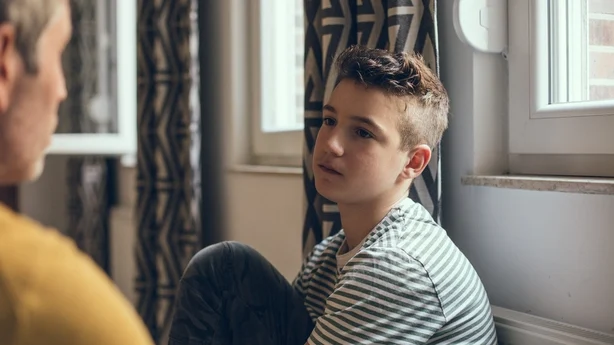
How to help children cope
Children and adolescents are also vulnerable to reports of traumatic events and graphic images. Teachers, parents and others involved need to be aware of the young person’s threshold, developmental stage and personality.
Any history of trauma can amplify responses to current distressing events. Those who are psychologically vulnerable may feel even more so, in a world that feels unsafe. It is important to clear up any confusion and answer any questions.
Stick to basic facts calmly and be mindful of how language is used. As adults, we can be more present, and create an extra layer of safety and security. Keep boundaries around TV, radio and social media, and explain about using reliable sources.
Explore and elaborate on a regular basis and provide an environment for feelings to be aired. Provide a sense of agency for them by involving them in community responses, donations or vigils .
We can acknowledge the suffering but also refer to humanitarian interventions and global goodwill. Young people need routine, healthy distractions, interactions and fun more than ever. Adults and Policy can mitigate the fall-out.
.svg)
